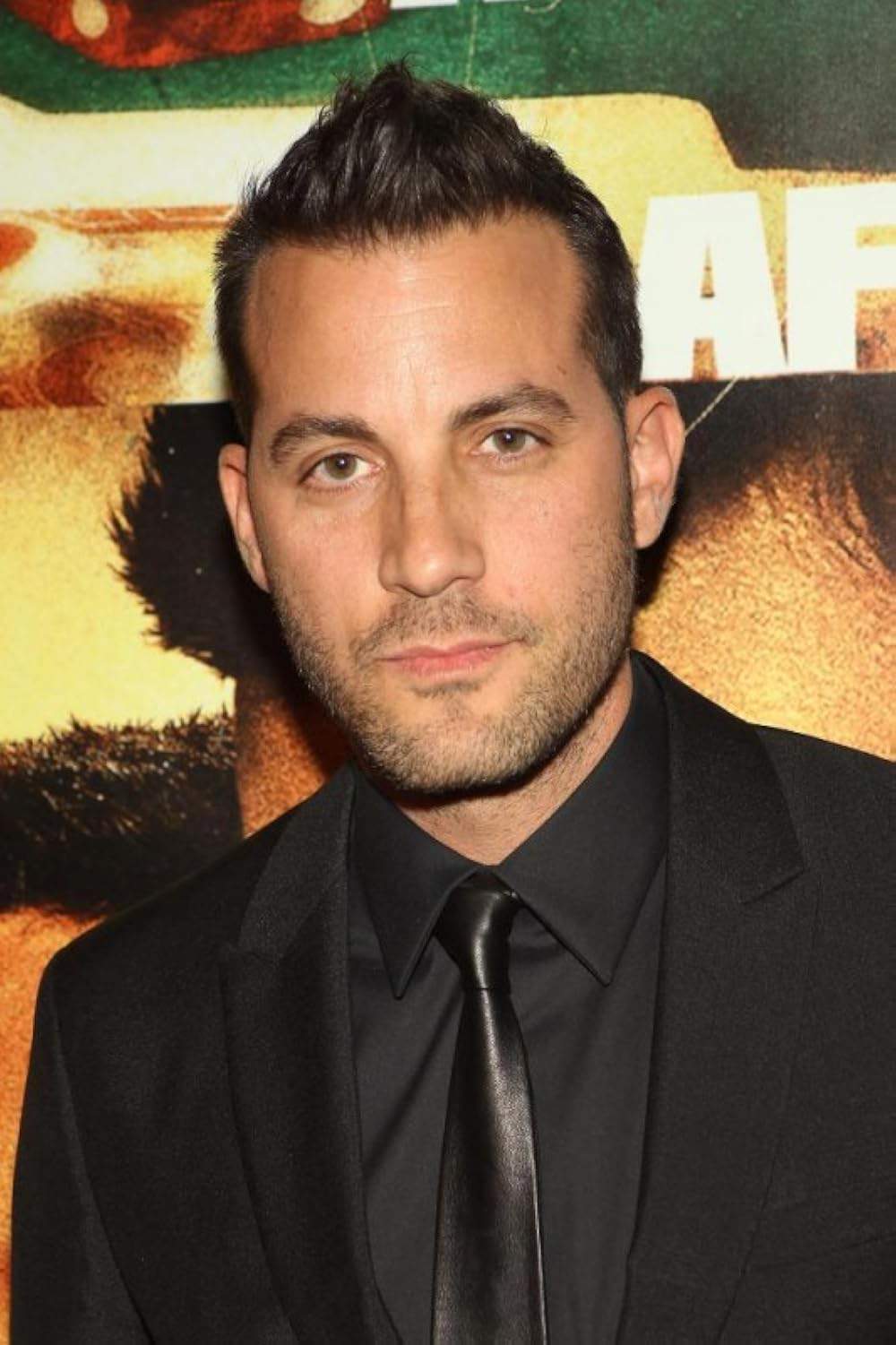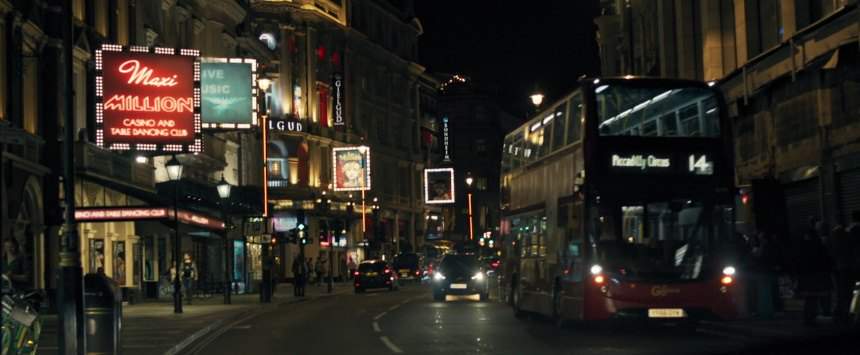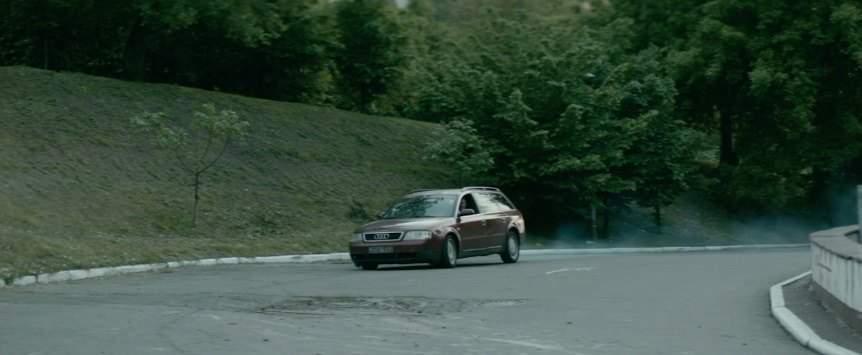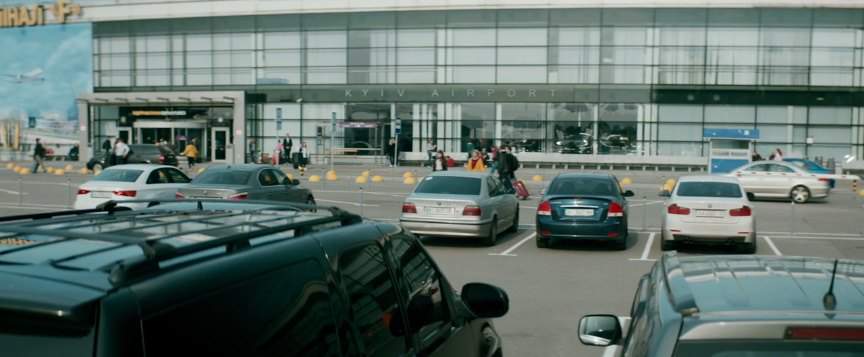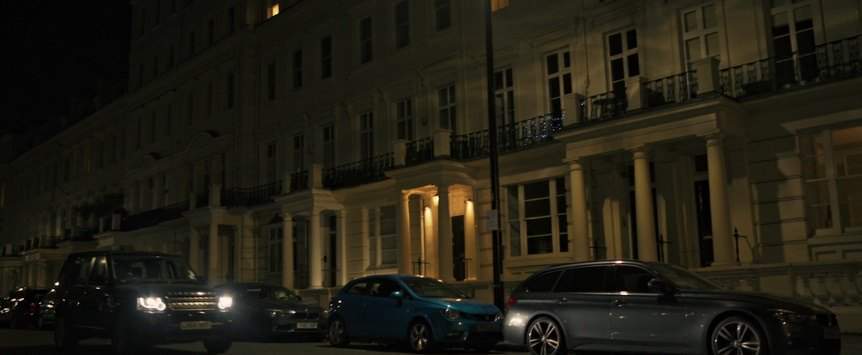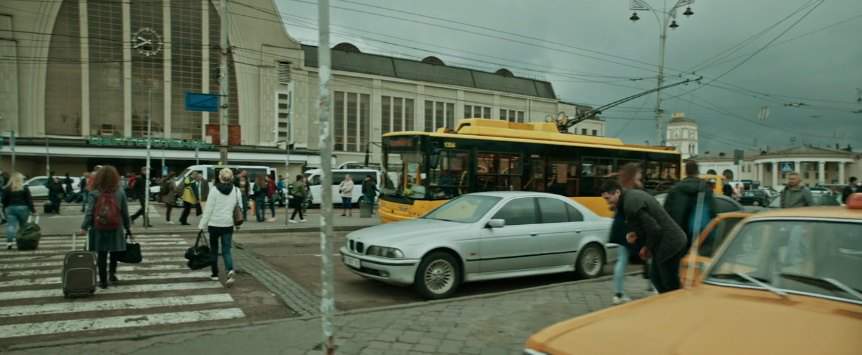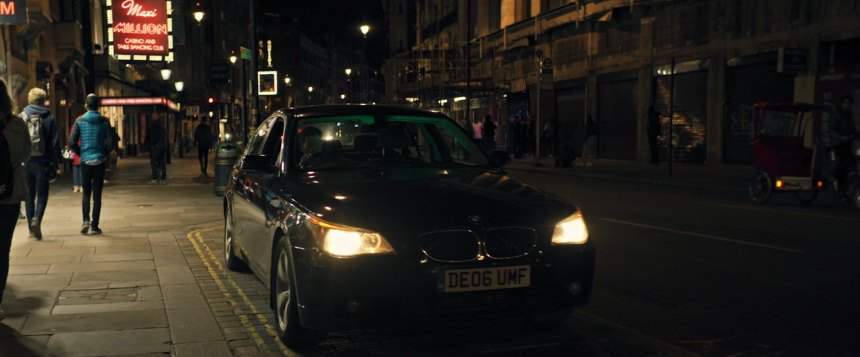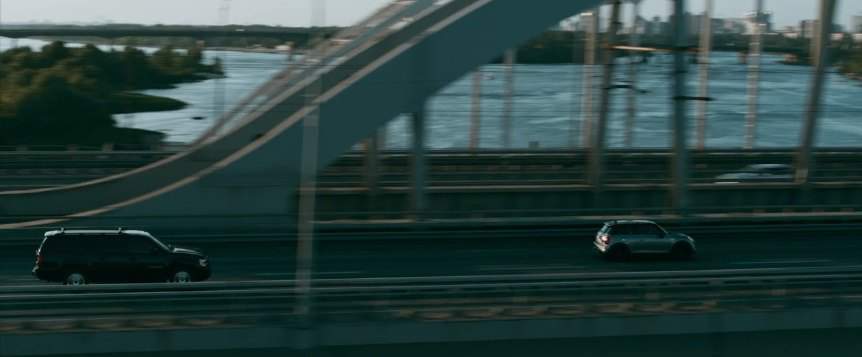City of Lies 2021
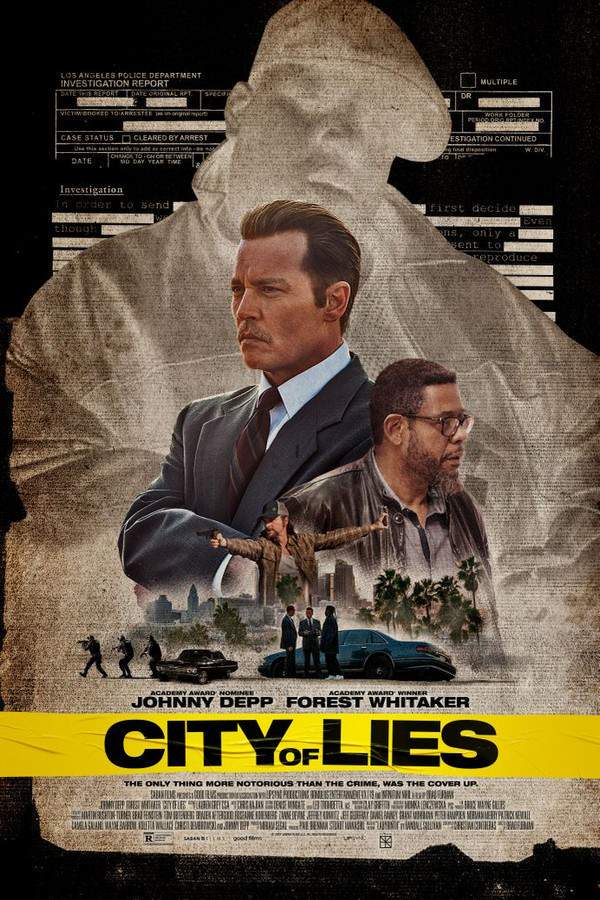
A determined detective, Russell Poole, is compelled to reopen his investigation into the murder of Tupac Shakur. Partnering with a journalist known as "Jack" Jackson, he embarks on a relentless search for the truth. Their pursuit exposes a complex network of corruption within the Los Angeles Police Department, revealing dangerous secrets and challenging the integrity of the city's institutions. The pair must navigate a perilous path as they confront powerful forces determined to keep the truth buried.
Does City of Lies have end credit scenes?
No!
City of Lies does not have end credit scenes. You can leave when the credits roll.
Meet the Full Cast and Actors of City of Lies
Explore the complete cast of City of Lies, including both lead and supporting actors. Learn who plays each character, discover their past roles and achievements, and find out what makes this ensemble cast stand out in the world of film and television.
External Links and Streaming Options
Discover where to watch City of Lies online, including streaming platforms, rental options, and official sources. Compare reviews, ratings, and in-depth movie information across sites like Wikipedia, Rotten Tomatoes, Metacritic or Box Office Mojo.
Ratings and Reviews for City of Lies
See how City of Lies is rated across major platforms like IMDb, Metacritic, and TMDb. Compare audience scores and critic reviews to understand where City of Lies stands among top-rated movies in its genre.

The Movie Echo Score
City of Lies offers a thought-provoking examination of a real unsolved homicide while oscillating between narrative engagement and uneven execution. Reviewers acknowledge a compelling true-crime framework bolstered by committed lead performances, yet many cite pacing lapses and a lack of cohesive craft. The thematic ambition resonates in its portrayal of corruption, even as certain structural weaknesses temper its overall impact.
The Movie Echo Score Breakdown for City of Lies

Art & Craft
The film’s craft displays occasional ambition but generally lacks consistent refinement. While nonlinear editing and time shifts provide narrative texture, critics highlight a lack of confident direction and sporadic visual flair. Remarks about an ‘artless’ execution underscore missed opportunities in production design and cinematography. Overall, the artistic presentation feels functional rather than polished or arresting.

Character & Emotion
Character & Emotion stands as one of the film’s stronger elements. Lead performances by the central duo receive repeated praise for their measured interplay and nuanced delivery. Some viewers note that supporting roles and chemistry occasionally falter, yet most agree that the principals bring depth to the investigative duo. In sum, the acting presence elevates emotional engagement even amid secondary inconsistencies.

Story & Flow
When it comes to story and flow, the film offers a compelling premise but uneven pacing. The unresolved homicide narrative and social commentary draw viewers into a credible investigative arc, yet critiques of a trite message and a lackluster third act surface regularly. User impressions applaud its tapestry of community and institutional themes. Ultimately, the plot maintains interest despite moments of structural inertia.

Sensory Experience
In terms of sensory experience, the film presents an atmospheric soundscape but modest visual innovation. Observers commend the immersive soundtrack and the emphasis on gritty urban sound design, with some recommending elevated volume for full effect. Visual style is serviceable yet unremarkable, eliciting few remarks on cinematographic boldness. Overall, the sensory elements support the tone without commanding attention.

Rewatch Factor
The film’s rewatch appeal is moderate, driven by thematic depth rather than pure entertainment. Many viewers express interest in revisiting for further insight into systemic corruption and procedural detail. A portion of the audience finds value in subsequent viewings to unpack social commentary. Conversely, some critics question its narrative cohesion on repeat. Ultimately, the lasting appeal rests on its real-world resonance rather than casual replayability.

44
Metascore
6.8
User Score


50%
TOMATOMETER

83%
User Score
Take the Ultimate City of Lies Movie Quiz
Challenge your knowledge of City of Lies with this fun and interactive movie quiz. Test yourself on key plot points, iconic characters, hidden details, and memorable moments to see how well you really know the film.
City of Lies Quiz: Test your knowledge about the events and characters in the movie 'City of Lies'.
What was Russell Poole's former position within the LAPD?
Officer
Sergeant
Detective
Captain
Show hint
Full Plot Summary and Ending Explained for City of Lies
Read the complete plot summary of City of Lies, including all major events, twists, and the full ending explained in detail. Explore key characters, themes, hidden meanings, and everything you need to understand the story from beginning to end.
In 2015, investigative journalist Darius “Jack” Jackson embarks on a profound journey into the shocking murder of Christopher Wallace, also known as The Notorious B.I.G. During his research, he meets Russell Poole, a former detective with the Los Angeles Police Department who has faced disgrace. Through a series of impactful flashbacks, Poole shares his compelling theory: he believes that Suge Knight, the CEO of Death Row Records, bribed corrupt LAPD officers to not only orchestrate the murder but also to cover it up effectively.
Jumping back to 1997, just weeks after Wallace’s tragic death, Detective Russell Poole finds himself on the case involving the shooting of off-duty police officer Kevin Gaines, which involved white detective Frank Lyga. In a climate overshadowed by media hysteria from high-profile incidents like the Rodney King beating and the O.J. Simpson trial, Poole is pressured by his superiors to close the case quickly. However, as he investigates, he stumbles upon astonishing facts: Gaines was in league with Knight and had connections to the Bloods gang.
Despite Lieutenant O’Shea’s refusal to embrace these startling discoveries, Poole gets reassigned to the Robbery-Homicide Division to further probe into Wallace’s murder. Teaming up with Fred Miller, he gathers a list of suspects, which includes David Mack, another LAPD officer entangled with Knight, as well as Nation of Islam member Amir Muhammad and Blood member Wardell Fouse. Their investigation leads them deep into an abyss of corruption, revealing that Mack not only provided security for Wallace but was also connected to a significant bank robbery.
As Poole continues unearthing the truth, he encounters Rafael Pérez, another LAPD officer marred by a shady history. After witnessing Pérez commit a crime in the open, Poole takes drastic action, intervening and shooting the crooked cop in self-defense. The consequences are immense: Pérez is charged and reveals connections to other officers’ criminal activities. Poole’s relentless pursuit for justice earns him his own task force, although it comes at a heavy personal toll.
The stakes rise even more as Poole gears up to testify in Lyga’s civil trial, where he aims to expose Mack’s involvement in Wallace’s murder alongside the LAPD’s complicity. Yet, right when the trial is about to start, the city opts for a settlement, casting a shadow over Lyga’s reputation while also shunning Poole from his former allies within the LAPD.
As Voletta Wallace’s wrongful death claim begins to gain momentum, aided by Russell Poole’s dedicated efforts, suspects Mack and Amir Muhammad are named initially, only to be absolved by the LAPD and FBI, which paradoxically leaves them in a state of suspicion. Poole’s steadfast quest for the truth ultimately takes a toll on his career; he resigns just months before being eligible for his pension, leaving him both financially precarious and emotionally depleted.
In the meantime, Jackson forms an unexpected alliance with Voletta, whose enduring pursuit for justice has been fraught with both victories and heartaches. In moments of reflection, Jackson takes accountability for a biting piece he wrote earlier that unjustly implicated Wallace’s son in Tupac Shakur’s murder. Voletta graciously accepts his heartfelt apology, while Poole divulges that her son’s potential earnings could have been an astonishing $1 billion, funds that a civil suit would have drastically eroded.
Witnessing Poole’s unwavering commitment to deliver closure to the Wallace family deeply impacts Jackson. Jackson soon learns of Poole’s intent to renew the investigation, but tragically, fate has other plans as Poole suffers a heart attack shortly after, leaving behind a poignant legacy of overlooked heroism. In a touching homage, Jackson authors an article that details Poole’s relentless efforts, earning him widespread recognition.
However, even as Poole’s contributions are honored, Jackson’s disenchantment with the establishment intensifies. He ultimately decides to resign from his position, struggling to reconcile with the pervasive hypocrisy that allowed the likes of Poole to fade into obscurity. The unsolved murders of Wallace and Tupac serve as grim reminders of the justice system’s failures, leaving both families in search of closure nearly thirty years later.
Uncover the Details: Timeline, Characters, Themes, and Beyond!

Coming soon on iOS and Android
The Plot Explained Mobile App
From blockbusters to hidden gems — dive into movie stories anytime, anywhere. Save your favorites, discover plots faster, and never miss a twist again.
Sign up to be the first to know when we launch. Your email stays private — always.
Discover Film Music Concerts Near You – Live Orchestras Performing Iconic Movie Soundtracks
Immerse yourself in the magic of cinema with live orchestral performances of your favorite film scores. From sweeping Hollywood blockbusters and animated classics to epic fantasy soundtracks, our curated listings connect you to upcoming film music events worldwide.
Explore concert film screenings paired with full orchestra concerts, read detailed event information, and secure your tickets for unforgettable evenings celebrating legendary composers like John Williams, Hans Zimmer, and more.


Cars Featured in City of Lies
Explore all cars featured in City of Lies, including their makes, models, scenes they appear in, and their significance to the plot. A must-read for car enthusiasts and movie buffs alike.

Unlock the World of Movies with Our Comprehensive Wiki
Dive into our Movie Wiki for in-depth film encyclopedia entries, including cast biographies, production trivia, plot synopses, behind-the-scenes facts, and thematic analyses. Whether you’re researching iconic directors, exploring genre histories, or discovering hidden easter eggs, our expertly curated movie database has everything you need to fuel your cinematic passion.

Quick Links: Summary, Cast, Ratings, More

What's After the Movie?
Not sure whether to stay after the credits? Find out!
Explore Our Movie Platform
New Movie Releases (2025)
Famous Movie Actors
Top Film Production Studios
Movie Plot Summaries & Endings
Major Movie Awards & Winners
Best Concert Films & Music Documentaries
Movie Collections and Curated Lists
© 2025 What's After the Movie. All rights reserved.



